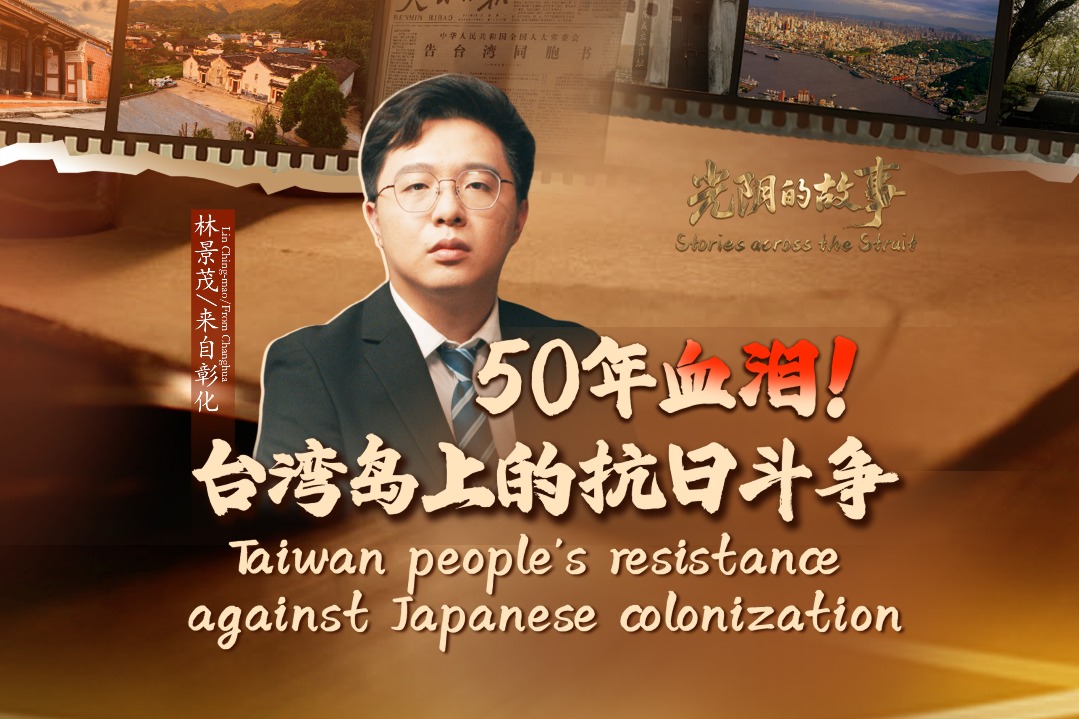Youth prioritizes value-driven purchases

In Chinese culture, the phrase "spend money on a sharp edge "has traditionally been linked to frugality, emphasizing spending on what truly matters. However, today's young people are redefining this concept — not by acquiring material possessions, but by focusing on purchases that connect to emotions, foster relationships and create meaningful experiences.
A recent nationwide survey of 1,018 people ages 18 to 35 found that 99.9 percent of the respondents were willing to invest in products and services that offer emotional value, including things such as blind boxes, interest-based courses and live performances.
Furthermore, 56 percent of the respondents expressed interest in paying for "emotional support" services, such as online companionship or listening services. This trend is particularly popular among those ages 26 to 30, of whom 61.6 percent indicated interest.
In an intriguing twist to this emotional need, the survey found that young people are increasingly looking for quick, low-cost social interactions. One such example is dazi, a casual friendship based on shared interests, which accounts for 45.38 percent of social engagements among survey respondents.
The "2025 Youth Lifestyle Report", released by Beijing News in July, also said the survey found that environmental protection has become a daily practice for China's young people.
According to the report, nearly 64 percent of survey respondents prefer to purchase local produce and organic food. Additionally, more than 50 percent participate in secondhand transactions, avoid excessive packaging and reuse recyclable goods.
Hu Xinyue, a native of Langfang in Hebei province, who pursues green practices daily, said she grew up with green habits long before she fully understood the concept.
"My parents were frugal. Many of the things we still use at home today are the same ones we had when I was a child. But now, sustainability for me is more self-driven — it's no longer just about saving money," said the 29-year-old.
In her daily life, Hu chooses local markets over online shopping and small neighborhood eateries instead of takeout. She also joined a secondhand exchange group in her neighborhood to swap items with others.
"Living mindfully helped me reconnect with people and see the world differently," she said.
A 2024 study published in the science journal Nature found a strong alignment between the green consumption intentions and behavior of young Chinese. It found that their choices to buy eco-friendly products are strongly influenced by their knowledge about the environment, their concern for it and the belief that they can make a difference. The consistency suggests that the country's young people are translating their thoughts about green consumption into actions.
Deng Qixuan, a 24-year-old from Chuzhou, Anhui province, said: "It might seem like picking up trash only addresses the surface problem, not the root cause. But each piece of trash we remove helps reduce harm — and, more important, it inspires participants to start caring for the environment."
Deng joined the Lefen Environmental Protection and Public Welfare Promotion Center in Shanghai in May. Its key project, Pickup China, tackles outdoor littering. She and her colleagues regularly organize outdoor cleanup events and exhibitions to raise awareness.
Smart home technologies are also playing a significant role in young consumers' daily lives, particularly among those ages 26 to 35, according to the Beijing News report. There has been a noticeable increase in the use of security systems like smart locks and cameras, automated cleaning tools such as robot vacuums and environmental devices like air purifiers, it said.
The report also said the young generation is reimagining the purpose of everyday products, with many items now being used for functions beyond their original design.
This shift is evident on social media, where the trend of "turning waste into treasure" has gained substantial attention, amassing more than 40 million views, according to the report. In addition, searches for DIY content on platforms like Xiaohongshu, or RedNote, and Douyin have risen 58 percent year-on-year.
- A night of music and light in Dunhuang
- Shanghai secures power supply amid record high demand
- Xizang Story: Researcher opens up digital future of ancient Tibetan script
- Typhoon Podul set to make landfall, may affect southern China in coming days
- PLA expels US warship intruding in waters near China's Huangyan Island
- Taiwan people's resistance against Japanese colonization





































